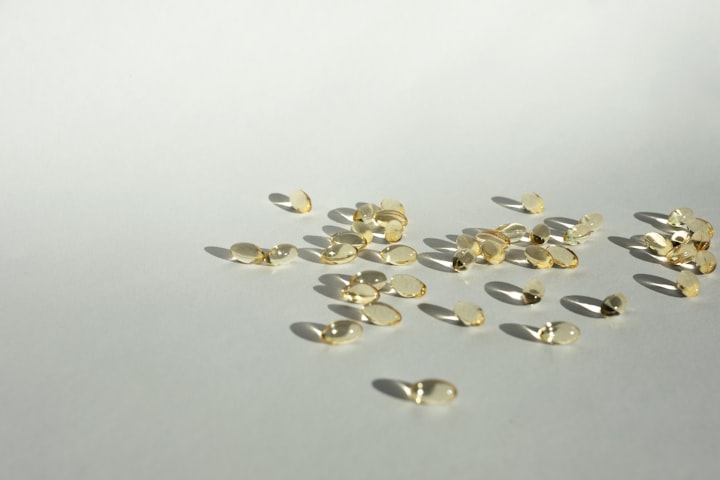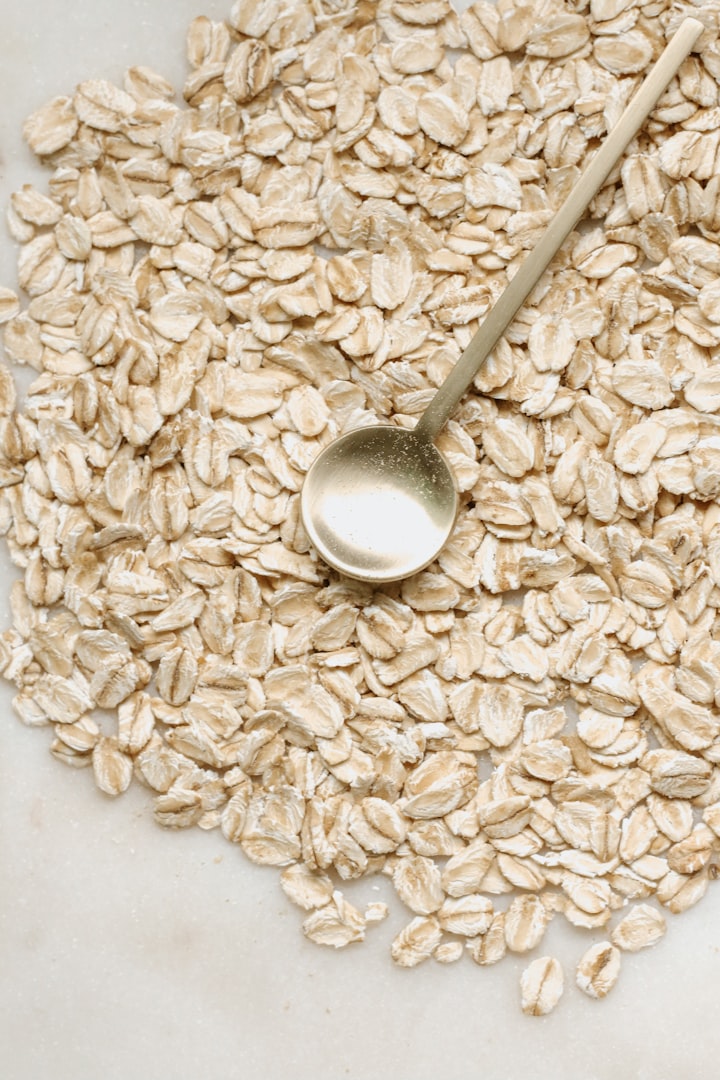7 Facts about Vitamin D You Never Knew
Shedding Light on Vitamin D: Unveiling 7 Fascinating Facts

Introduction:
In the past, I lacked awareness about the significance of vitamins and their impact on our bodies. Vitamin D, in particular, was not on my radar, and I had limited knowledge about its functions and importance. However, as I gained more knowledge about Vitamin D, I realized that it is the most crucial vitamin among all, as its deficiency can lead to a compromised immune system, inflammation, and various health issues. In this article, we will explore some common reasons for Vitamin D deficiency and shed light on lesser-known yet essential aspects related to this vital nutrient.
The Importance of Vitamin D:
Vitamin D plays a pivotal role in maintaining optimal health. Its deficiency can have far-reaching consequences on our well-being. While several factors contribute to Vitamin D deficiency, some of the common ones include gut inflammation, the absence of a gallbladder, thickening of the skin with age (which reduces Vitamin D absorption from sunlight), darker skin tones (due to higher melanin content), obesity, diabetes, insulin resistance, and residing in high latitudes with limited sunlight exposure. Additionally, certain genetic variations can hinder the conversion and absorption of Vitamin D in the body.
Lesser-Known Factors:
Magnesium Deficiency: When taking Vitamin D, it's important to ensure adequate magnesium levels. Low magnesium levels can lead to side effects such as fatigue, insomnia, constipation, diarrhea, skin rash, nausea, headache, and pain. By addressing magnesium deficiency, these issues can be minimized, as magnesium facilitates the optimal functioning of Vitamin D.
Infrequent Dosage: Taking Vitamin D infrequently, such as higher doses once or twice a week, can be as effective as daily maintenance doses. This flexibility can be beneficial for those who tend to forget taking their supplements regularly. Since Vitamin D is fat-soluble and can be stored in fat cells, it can be released over time, unlike water-soluble vitamins.
Variations in Food Sources: The vitamin D content in food sources can vary significantly. For example, farm-raised fish, such as cod fish, contains four times less vitamin D compared to wild-caught fish. Similarly, grain-fed animals have lower vitamin D levels than grass-fed animals. Pigs and chickens that have access to sunlight and roam freely have higher vitamin D content compared to confined ones.
Overall Health Impact: While Vitamin D is crucial for our well-being, it is important to note that maintaining a healthy diet and regular exercise play equally vital roles in improving overall health.
Vitamin D2 vs. D3: Vitamin D2, available through prescription, differs from Vitamin D3. Studies have shown that Vitamin D3 significantly improves conditions like multiple sclerosis (MS) and lupus, whereas Vitamin D2 may worsen MS. Moreover, Vitamin D2 can inhibit the absorption of Vitamin D3. It is crucial to understand these distinctions and consult with a healthcare professional regarding the appropriate form of Vitamin D.
Sun Exposure: Merely spending 10 minutes in the sun, even in the best-case scenario, may only provide around 200-400 International Units (IU) of vitamin D, which is far below the recommended daily intake. Factors such as geographic location, time of day, season, and skin pigmentation can all impact the body's ability to synthesize vitamin D from sunlight. Therefore, relying solely on sunlight exposure may not be sufficient to meet your vitamin D needs.
Age Matters: As we age, our body's ability to produce and utilize vitamin D diminishes. Older adults are at a higher risk of vitamin D deficiency due to factors such as decreased sun exposure, reduced efficiency of vitamin D synthesis in the skin, and a decline in the body's ability to convert vitamin D into its active form. It is especially important for older adults to monitor their vitamin D levels and consider supplementation if necessary.
Food Sources: While sunlight exposure is the primary natural source of vitamin D, it can also be obtained from certain foods. Fatty fish like salmon, mackerel, and sardines are excellent sources of vitamin D. Other food sources include fortified dairy products, fortified plant-based milk alternatives, egg yolks, and beef liver. However, it can be challenging to meet the recommended daily intake of vitamin D through food alone, making supplementation a viable option.
Vitamin D and Immune Health: Vitamin D plays a crucial role in supporting the immune system. It helps regulate immune cell function, reduces inflammation, and enhances the body's defense mechanisms against infections. Adequate vitamin D levels have been associated with a lower risk of respiratory infections, including the common cold and flu. However, more research is needed to fully understand the complex relationship between vitamin D and immune health.
Vitamin D Deficiency: Vitamin D deficiency is a common health concern, particularly in regions with limited sunlight exposure and during winter months. Symptoms of deficiency can include fatigue, muscle weakness, bone pain, and a weakened immune system. People at a higher risk of deficiency include those with limited sun exposure, individuals with darker skin pigmentation, older adults, people with obesity, and those with certain medical conditions. If you suspect you may have a vitamin D deficiency, it's important to consult with a healthcare professional for proper diagnosis and guidance.
Corn Syrup in Vitamin D Products: Many vitamin D products contain additives like corn syrup or maltodextrin. It is essential to choose products without these additives to ensure optimal health benefits.
Conclusion:
By gaining awareness about Vitamin D and its various aspects, we can take proactive steps to prevent deficiencies and promote better health. Addressing factors such as magnesium deficiency, considering infrequent dosing options, understanding variations in food sources, and being mindful of the specific form of Vitamin D can contribute to a more informed approach towards this essential nutrient. With
About the Creator
thingsandstuffzy
Writing about things that people should know about because they need to know about things. Isn't this exciting?






Comments
There are no comments for this story
Be the first to respond and start the conversation.